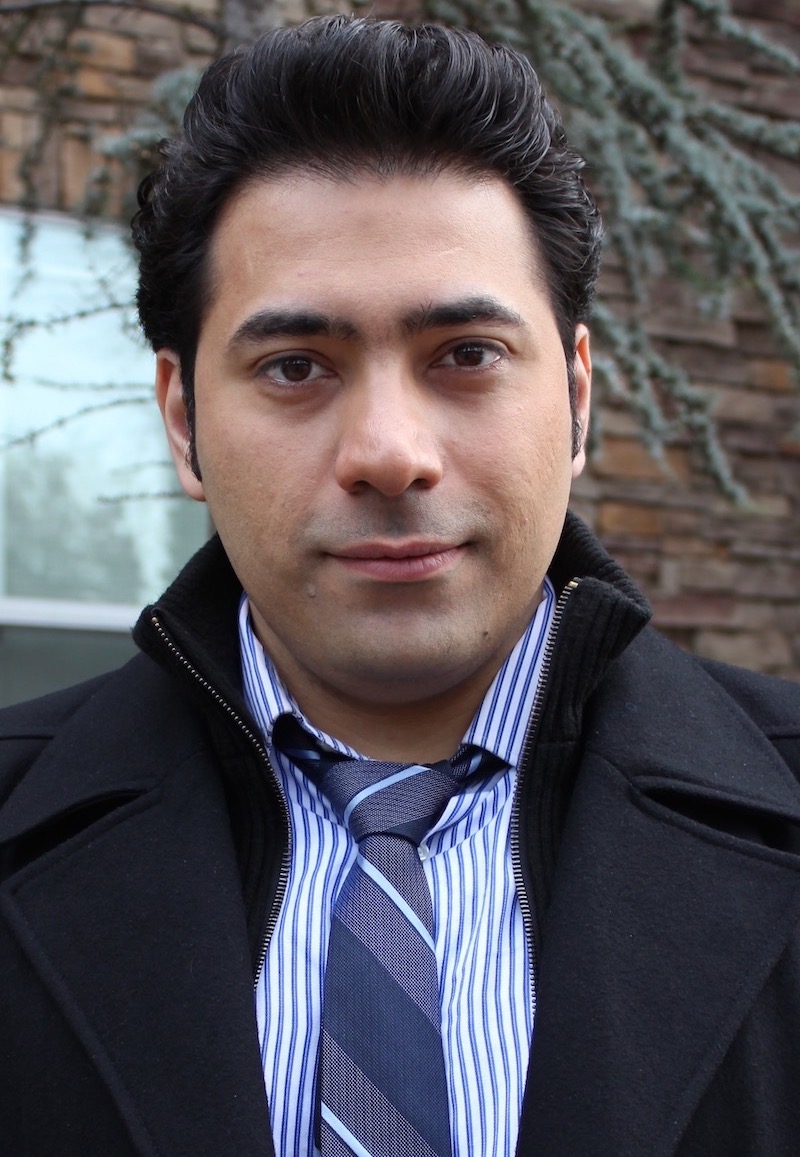Wayne State receives NSF funding for project to better detect potential cascading failures in modern power systems

A cascading failure is the proverbial “domino effect” of one part’s breakdown causing elements to compensate, overload and ultimately fail. Such a phenomenon can pose a significant threat to modern power systems (MPS) that support computer networking, transportation and other key infrastructural components.
Small, undetected contingencies are often the cause of cascading failures, but most are stochastic in nature and cannot be directly measured. A project led by researchers at Wayne State University and the University of Connecticut aims to create a comprehensive framework to better detect or predict such cyber-physical contingencies (CPCs).

Masoud H. Nazari, assistant professor of electrical and computer engineering at Wayne State, is the principal investigator on a project funded by a three-year, $200,000 National Science Foundation grant. Along with co-PI Le Yi Wang, professor of electrical and computer engineering, and their UConn collaborators, the project will introduce SPEED (Stochastic Prediction, Estimation and Early Detection) to predict the probability of future CPCs so that preventative actions can be taken to mitigate the possibilities of hazardous chain reactions that lead to power system breakdowns.
“The SPEED framework can reduce the risk of cascading failures in MPS and energy infrastructures and consequently increase the reliability, resilience and security of these critical infrastructures against CPCs,” said Nazari. “This project fits within the efforts of the U.S. government to enhance the resilience of the power grid and move toward carbon-free energy infrastructure.”
The team will work together with DTE Energy and MISO Energy to quantify the benefits of SPEED and to build an open-source platform. Broader impacts include new research opportunities for students and potential expanded collaboration with industrial and civic leaders.
George Yin, professor of mathematics at UConn, is leading the effort for his institution, which received $109,797 of the total $309,797 award.
The grant number for this NSF award is 2229109.